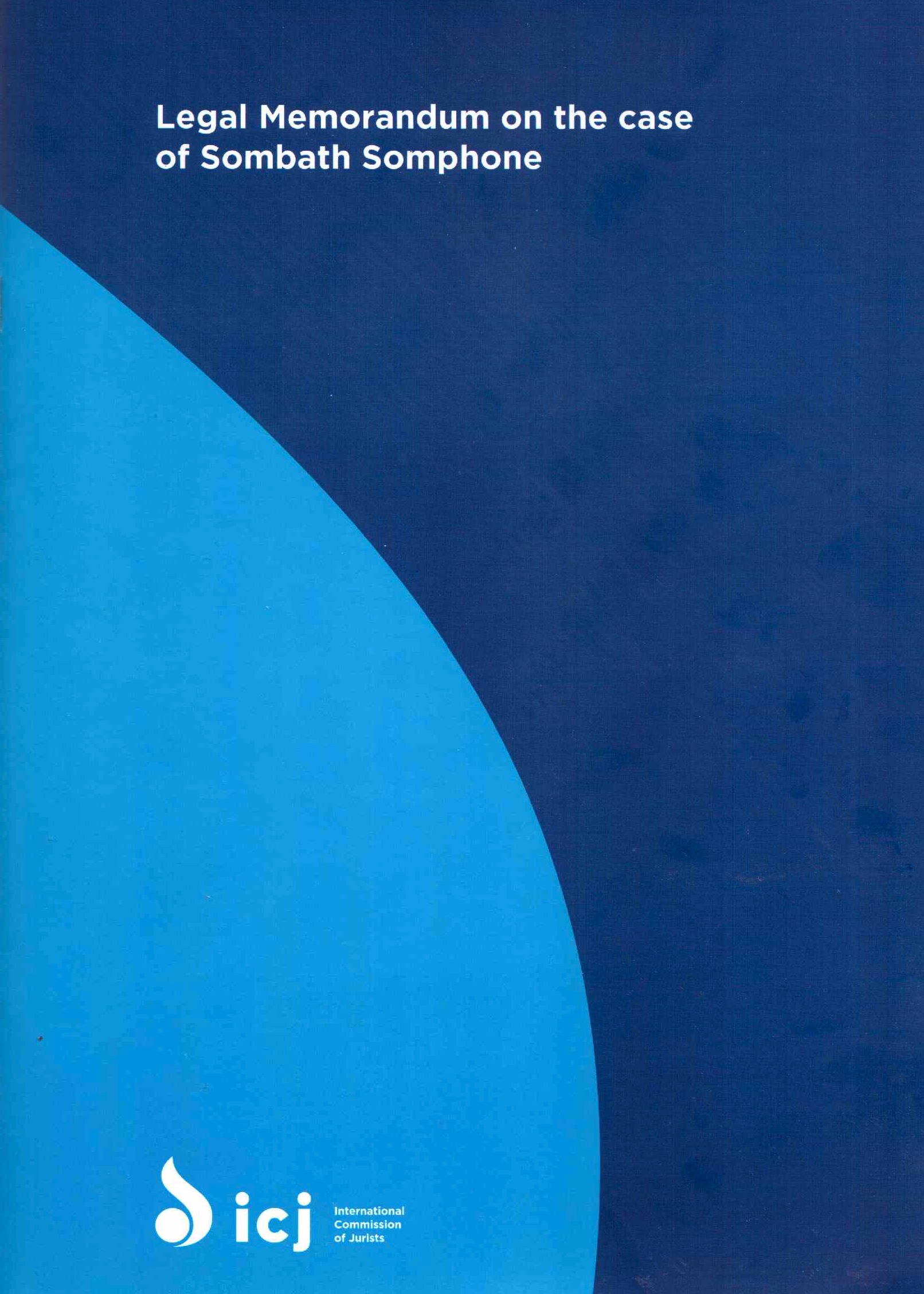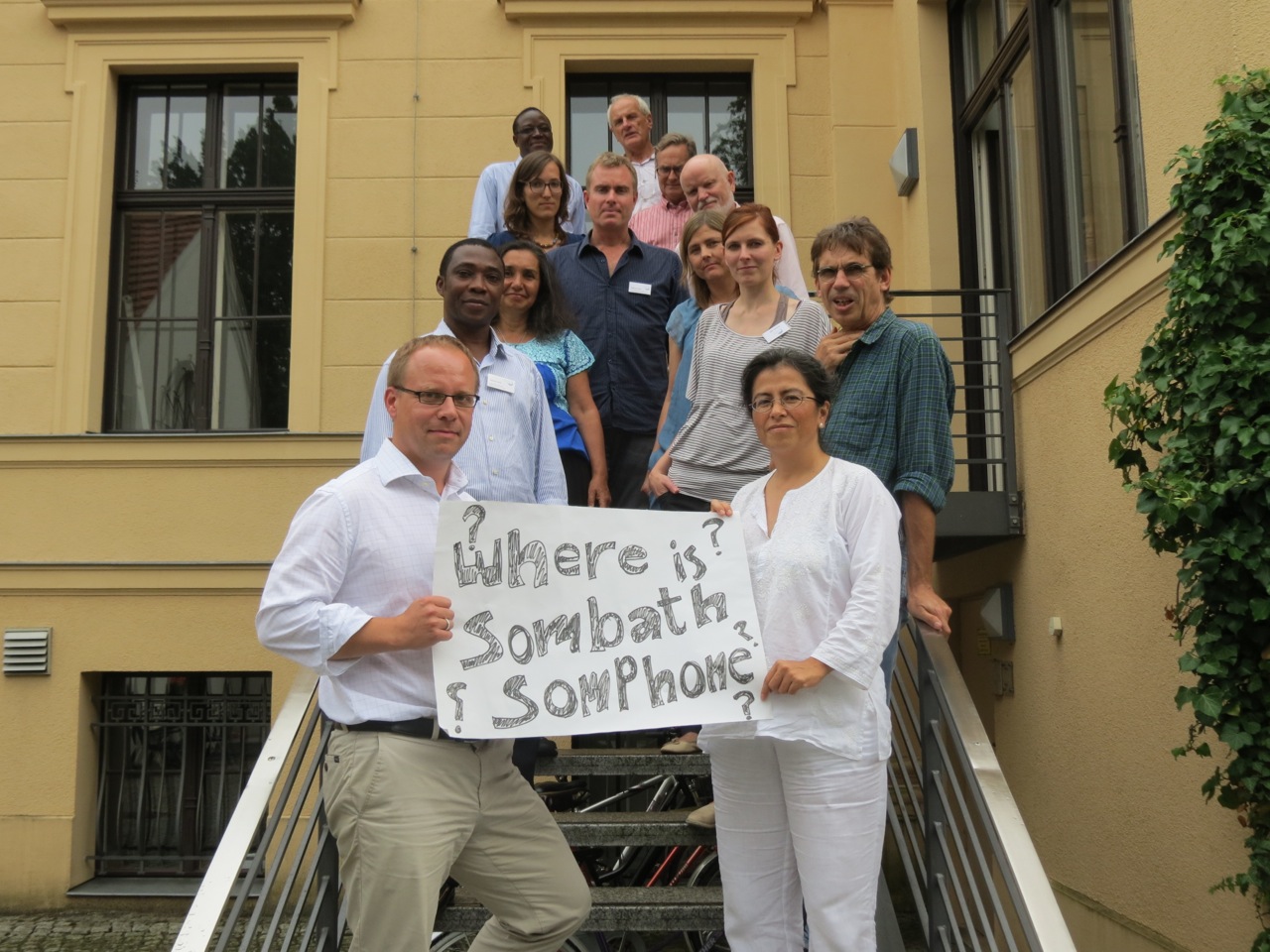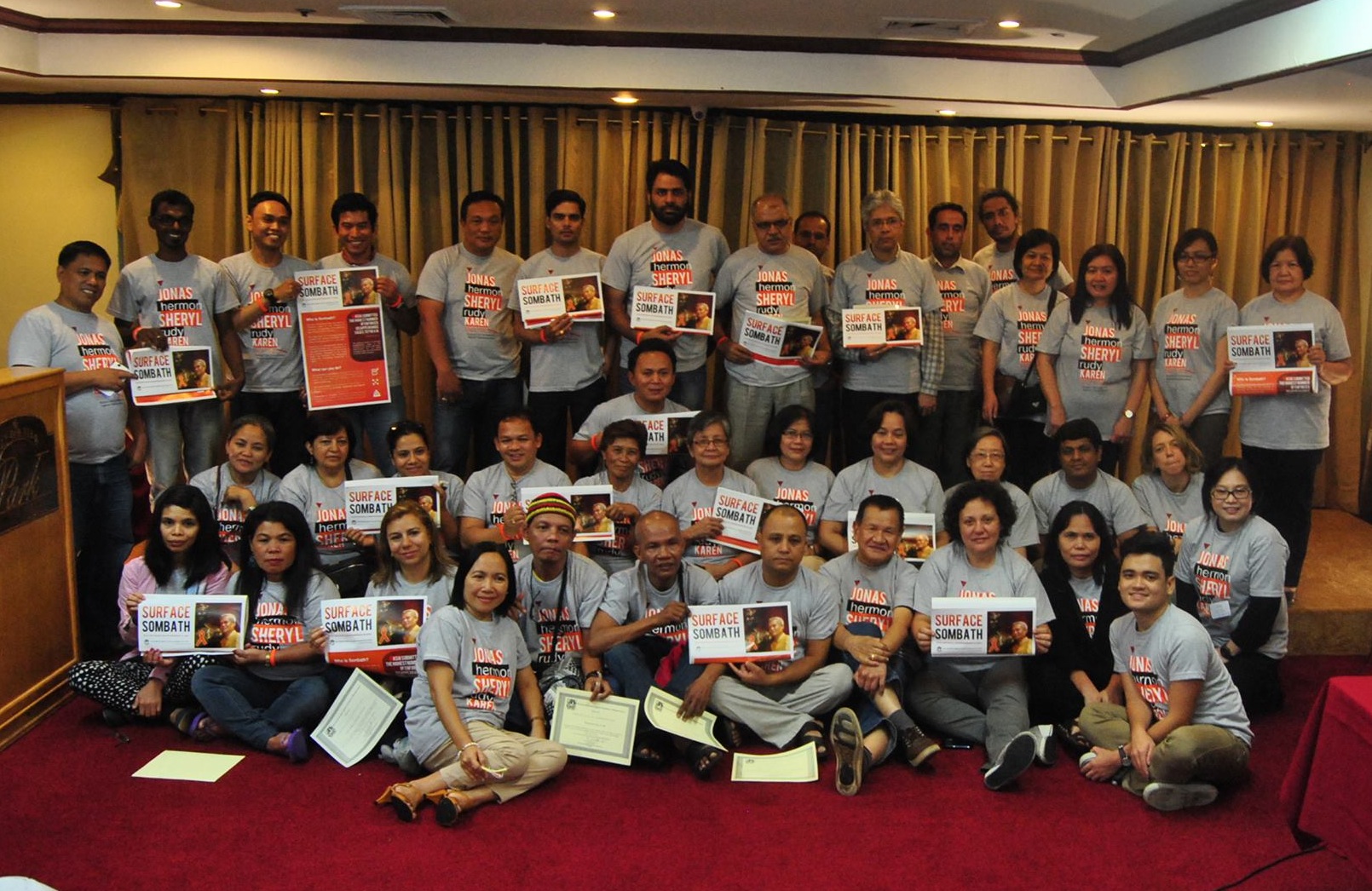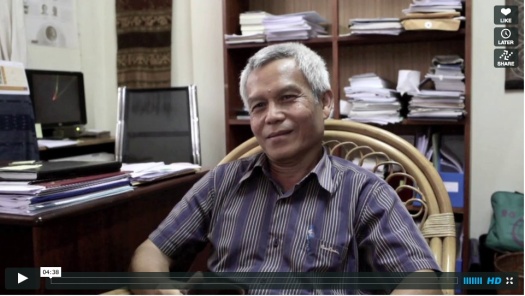Dear Sombath,
This is a letter that has been written many times in my mind. It’s a hard letter to write – I would much prefer to say it to you in person. I cannot remember the first time we met, but I remember we bonded over too much coffee on the balcony of Shui Meng’ sea-facing abode in Dili. There, you shared your wisdom with me, telling me about PADETC and the work it had done. Your serene smile – that classic Sombath look of equanimity – captured the gentle but determined way you viewed life. As sea breeze brought salt to our lips, you sketched out your idea of happiness: the roof of happiness must stand upon the pillars of heart, econo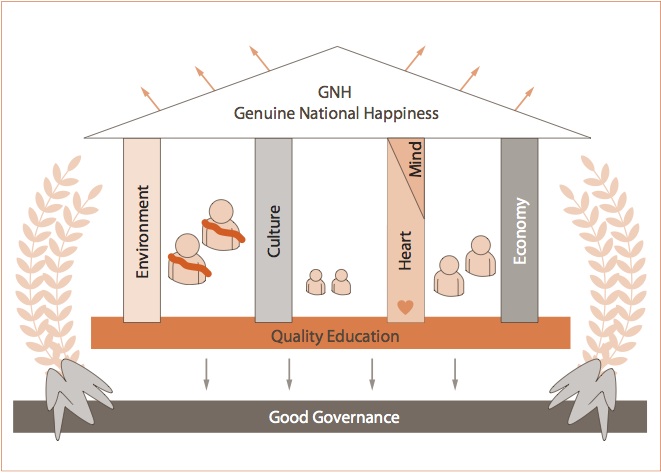 my, culture, and environment while supported by the foundation of education. This drove you to devote decades of your life to your fellow Lao, despite the opportunities you had been offered. You are a man of the Earth. This, the Timorese could recognise whenever you visited us in Dili. I was a privileged disciple, whose ears and mind were, thankfully, open.
my, culture, and environment while supported by the foundation of education. This drove you to devote decades of your life to your fellow Lao, despite the opportunities you had been offered. You are a man of the Earth. This, the Timorese could recognise whenever you visited us in Dili. I was a privileged disciple, whose ears and mind were, thankfully, open.
Later, the one month I spent in Laos – documenting PADETC’s work – was a chance to deeply understand your philosophy. Local knowledge, you exhorted, is what will help any community develop sustainably. I saw how your face lit up with pride when you introduced your young staff and youth volunteers. These are the ones whom you have envisioned would make Laos a better place.
But it wasn’t always work you talked about. On the old swing facing the Mekong River, as we watched your neighbour trawl for fish against the setting sun, you told me about the siblings you helped to bring up. You spoke of your days at the East West Centre – where I, too, had studied briefly. There, you had met your Shui Meng, and fallen in love. Whenever the two of you were together, I would be tickled by how you two – both grey in the head – would still tease one another incessantly. Shui Meng’s chidings were often infused with more love than she realised she was showing. When my son met the two of you at Labrador Park in Singapore, he called you “Uncle Zombat” and her, “Auntie Water”. We ended our excursion with ice-cream – dry ice swirled fancily about – and promised to meet again. That still stands. We pray that our Uncle Zombat comes home so that Auntie Water will no longer cry. We love you, Sombath.
Yours most sincerely,
Bridgette, Norman & Val
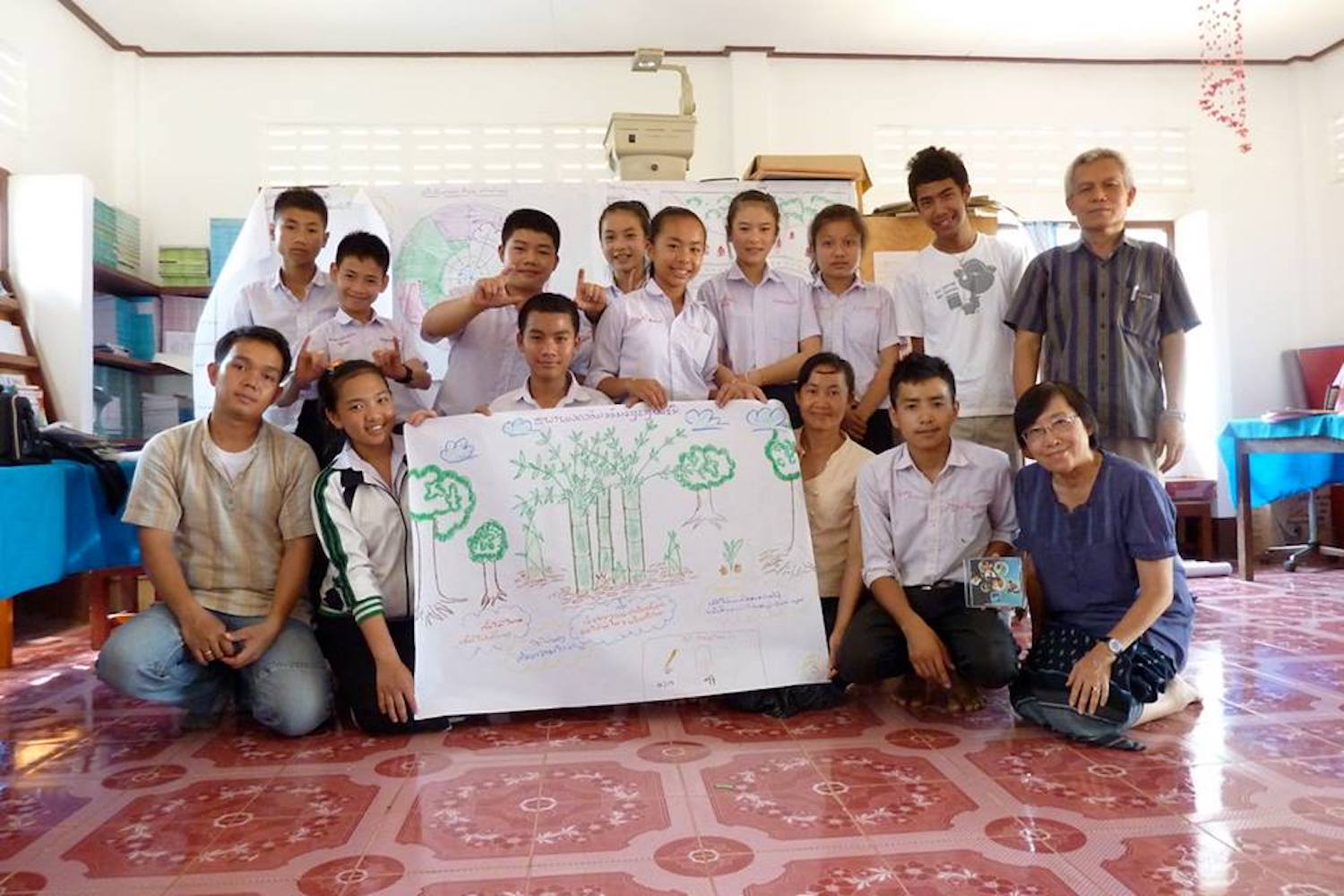
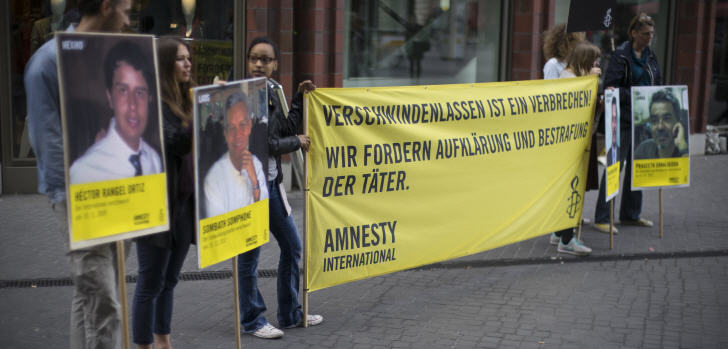


 my, culture, and environment while supported by the foundation of education. This drove you to devote decades of your life to your fellow Lao, despite the opportunities you had been offered. You are a man of the Earth. This, the Timorese could recognise whenever you visited us in Dili. I was a privileged disciple, whose ears and mind were, thankfully, open.
my, culture, and environment while supported by the foundation of education. This drove you to devote decades of your life to your fellow Lao, despite the opportunities you had been offered. You are a man of the Earth. This, the Timorese could recognise whenever you visited us in Dili. I was a privileged disciple, whose ears and mind were, thankfully, open.
